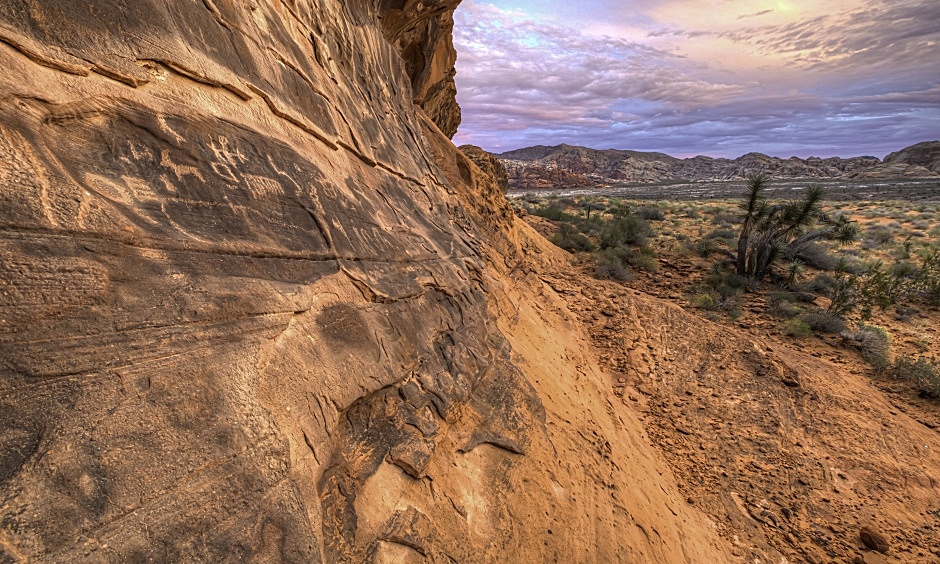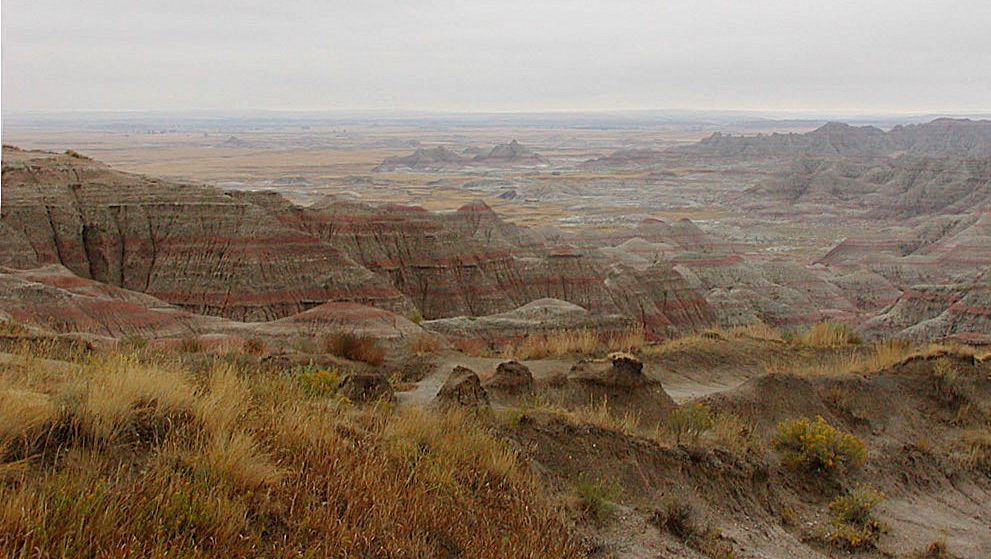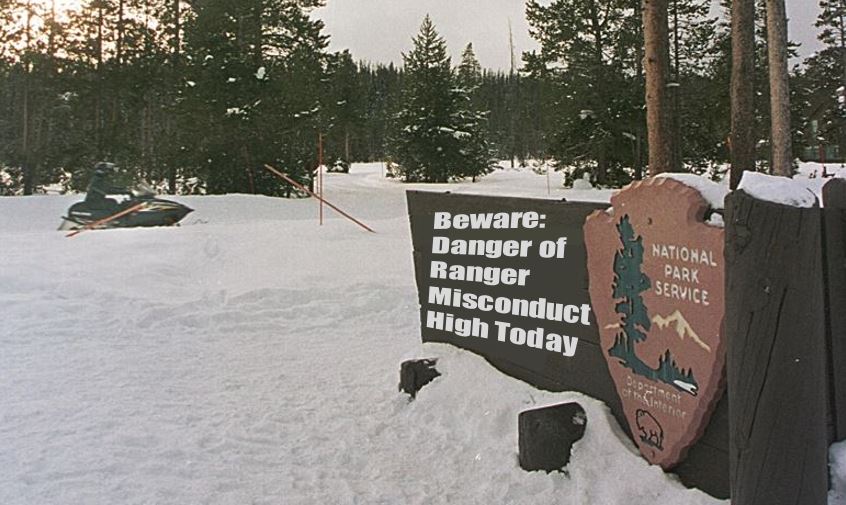Once the lawsuits have run their course, and fail, as I suspect, there will be an opportunity to use this review and whatever comes of it to brook a compromise reform to the Antiquities Act. That 111 year old law is in need of an update, especially in light of how Presidents abuse it today.
Jonathan Wood
Libertarian Environmentalism/FREEcology
Secretary Zinke recommends modifying ten national monuments
After an intense, months-long review of national monuments, Secretary Zinke delivered his report with recommendations to the President on August 24th. Today, screenshots of that report have apparently (and finally) been leaked, to the Washington Post.
Assuming the leaked report is genuine, as it appears, Secretary Zinke has recommended that the President substantially change the boundaries of 6 national monuments, and alter the management of 4 others. For the 6 with recommended boundary adjustments, the report does not state what the boundaries should be changed to or how much smaller the monument should be. So we’ll have to wait until President Trump makes his final decision public to know those details.
The headline recommendations concern: Bears Ears , Grand Staircase-Escalante, Gold Butte, Cascade-Siskiyou, Pacific Remote Islands, Rose Atoll, and Northeast Canyons and Seamounts National Monuments.
Secretary Zinke recommends the 1.3 million acre Bears Ears National Monument be reduced to protect only those objects that are consistent with the original purpose of the Antiquities Act (Native American artifacts, ancient structures, and geologic curiosities), while preserving public access and productive use to the maximum extent. He also suggests the President work with Congress to authorize tribal co-management of the important cultural sites within the monument. PERC and Sutherland Institute recently released an issue brief with recommendations how that could be done.
For the monuments that will retain their existing boundaries, Secretary Zinke recommends significant management changes. For instance, Northeast Canyons and Seamounts Marine National monument, the Connecticut-sized chunk of the Atlantic Ocean declared a monument in the twilight of President Obama’s final term, is recommended to be reopened to commercial fishing. [Disclaimer: I represent 5 fishing groups in a lawsuit challenging the creation of the Northeast Canyons monument, arguing that it doesn’t fit within the Antiquities Act’s limit of monuments to federal “lands.”]
With the apparent recommendations now public, it is only a matter of time before lawsuits are filed. Since the review began, many law professors, activists, and outdoor gear companies have opposed the review, arguing that the President has no authority to eliminate or shrink existing monuments because the Antiquities Act does not expressly authorize him to.
I’ve criticized that argument before. The biggest weaknesses of it are: nothing in the Antiquities Act forbids Presidents from changing monuments once they’re created; Presidents have done so 18 times without anyone questioning them, including very shortly after the statute was enacted; there’s a broadly applicable principle that a President cannot bind future Presidents; and no Court has ever accepted that a statute’s silence on whether an earlier decision can be reconsidered forecloses reconsideration (on the contrary, courts have repeatedly found this power implied).
That last issue has the potential for broad repercussions beyond the Antiquities Act and makes the resistance to the monument review short-sighted. By long tradition, every President’s supporters are warned by their opponents that they may regret the overreach they endorse today when the expanded power is inherited by someone they oppose tomorrow, which they proceed to ignore. Think President George W. Bush’s post-9/11 civil liberties problems (expanded under President Obama) and President Obama’s “pen-and-a-phone” theory for circumventing Congress (now wielded by President Trump).
The argument that a President (or an agency) cannot reverse an earlier administration’s decisions unless expressly authorized by Congress suffers the same problem. Although the argument is politically convenient today, those making that argument would rue it if it were accepted by the courts and barred a future progressive administration from reversing President Trump’s executive orders and regulations. Congress essentially never expressly authorizes a President’s or agency’s decisions to be reconsidered, it’s always implied.
Once the lawsuits have run their course, and fail, as I suspect, there will be an opportunity to use this review and whatever comes of it to brook a compromise reform to the Antiquities Act. That 111 year old law is in need of an update, especially in light of how Presidents abuse it today. Consider that it took a century for President’s Teddy Roosevelt to Clinton to designate about 70 million acres total within national monuments, whereas President Obama singlehandedly designated more than 550 million acres, and its impossible to ignore that there has been a sea-change in recent years.
[paypal_donation_button]
Free Range Report
[wp_ad_camp_3]
[wp_ad_camp_2]



